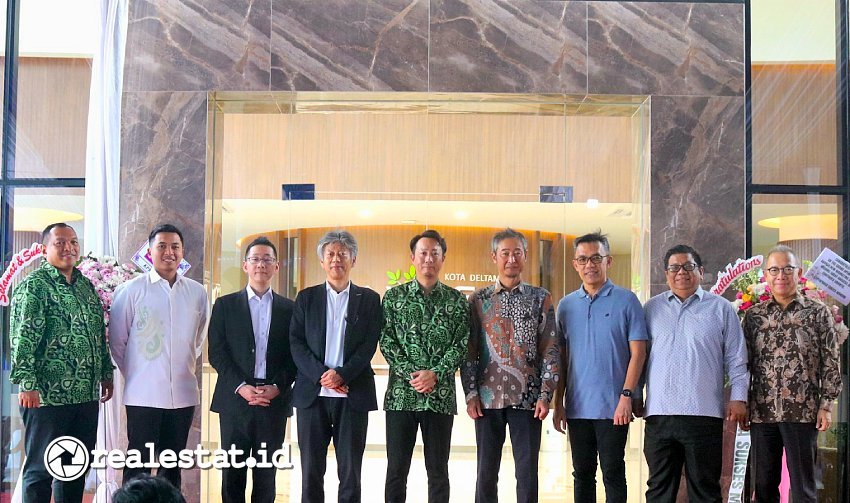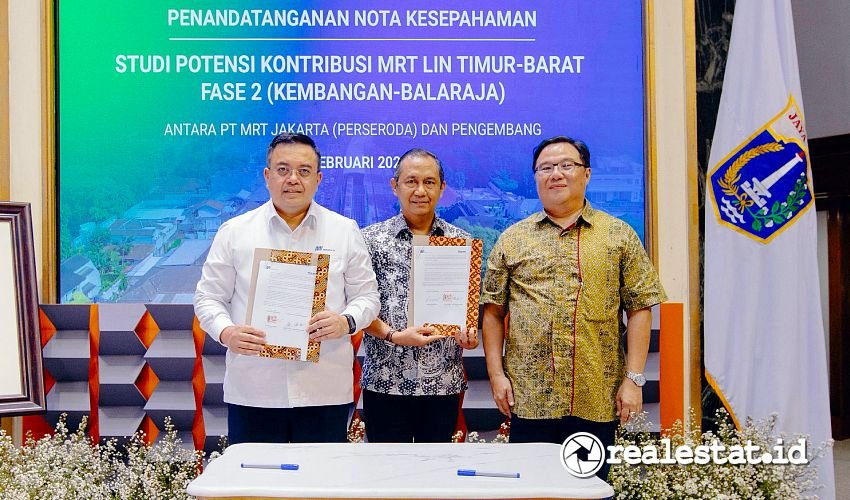RealEstat.id (Jakarta) – In today’s real estate landscape, sustainability has emerged as a key driver of success. With a growing emphasis on environmental responsibility, real estate professionals are increasingly recognizing the importance of harnessing basic energy management as one of the key components to achieve long-term sustainability goals.
Colliers Indonesia Head of Real Estate Management Services, Andy Harsanto mentioned: “to achieve the overarching objective of reducing energy consumption in the building and minimizing its carbon footprint or environmental impact, a more comprehensive approach is required, specifically in energy management and in general on property management.”
The largest energy consumption within the common areas of a building is attributed to air conditioning (AC), accounting for 65% of the total energy usage. This is followed by equipment powered by motors, such as elevators and escalators, which constitute approximately 20% to 30% of the energy usage, while lighting accounts for approximately 10%.
Read More: Impact of Global Property Market on The Indonesian Property Market
In the pursuit of reducing energy cost and minimizing the carbon footprint in building construction, it is crucial to contemplate both the origin of the energy being employed and the way it is consumed.
This consideration is imperative because, even in cases where renewable energy sources are integrated, suboptimal outcomes can arise if the building’s energy consumption is not efficiently managed.
There are essential components of energy consumption and utilization programs customized for the property or real estate sector to accomplish the outlined objectives:
● Energy-efficient building design and construction through utilizing passive design and using energy modelling and energy-efficient materials and equipment.
● Optimizing energy consumption during operation.
Read More: 2023, Global Property Market Stabilization to Take Hold in a Return to Relative Rationality
Monitoring energy demands by analyzing patterns and early data is crucial for the building to effectively regulate energy utilization. Several methods for building management to implement effective energy management include:
● Building monitoring and control
● Tenant engagement and education
The anticipated benefits may encompass lowered energy costs and potential advantages in future carbon trading, green financing for property and to comply with recent government regulation toward Net Zero initiatives (PP 16 2021 and Permen PUPR 21 2021). Moreover, this endeavour contributes to creating a better and healthier future for the generations to come.
Simak Berita dan Artikel Menarik Lainnya di Google News














